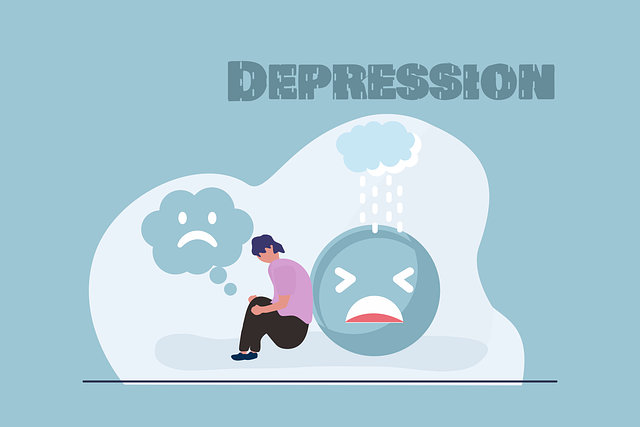Creating an engaging podcast series on mental wellness, particularly focusing on Therapy for Autism Spectrum Disorder (ASD), requires meticulous planning and research. Understanding audience needs and insights from experts ensures content is both informative and sensitive, fostering mental health awareness, understanding, and conversations around crucial issues. By incorporating practical strategies like mindfulness techniques and cognitive behavioral therapies, the podcast supports listeners' mental health journeys or those supporting loved ones with ASD. A diverse list of topics and expert guests cater to a wide audience, promoting personal growth and resilience.
“Unleash the power of mental wellness podcasts to reach and support individuals on their healing journeys, especially those navigating Autism Spectrum Disorder (ASD). This comprehensive guide takes you through the intricate process of creating a therapeutic podcast series. From audience research and content planning to recording techniques and distribution strategies, we cover all aspects. Learn how to curate engaging episodes, ensure ethical practices, and build a community around your show. Discover the potential of podcasts as a game-changer in mental health support, specifically tailored for ASD individuals.”
- Planning and Research for Content Creation
- – Identifying target audience and their needs regarding ASD and mental wellness
- – Curating a list of potential topics and guests related to therapy and personal growth
Planning and Research for Content Creation

Before diving into recording, meticulous planning and research are paramount for crafting a compelling podcast series on mental wellness. This involves understanding the target audience’s needs, particularly when addressing niche topics like Therapy for Autism Spectrum Disorder (ASD). Gaining insights from experts in the field, including psychologists, therapists, and individuals living with ASD, ensures that content is both informative and sensitive to the unique challenges faced by this community.
Research also facilitates the development of engaging narratives that go beyond mere information sharing. By weaving stories of resilience, coping strategies, and successful interventions, each episode can contribute to raising Mental Health Awareness and fostering a sense of understanding in the broader public. This approach not only educates but also encourages conversations on important issues, ultimately boosting confidence among listeners navigating their own mental health journeys or supporting loved ones with ASD.
– Identifying target audience and their needs regarding ASD and mental wellness

When producing a podcast series focused on mental wellness with a specific interest in Autism Spectrum Disorder (ASD), understanding the target audience is paramount. Individuals with ASD and their support networks face unique challenges when it comes to mental health, so content must be tailored accordingly. The target audience seeks accessible and empathetic resources that address their specific needs, such as navigating social interactions, managing sensory sensitivities, and coping with associated anxiety or depression.
By incorporating Mind Over Matter Principles, the podcast can offer practical strategies for emotional healing processes, focusing on mindfulness techniques and cognitive behavioral therapies that are often beneficial for those with ASD. For instance, discussing breathing exercises tailored to calm over-sensitive minds or providing insights into understanding and managing anxiety relief could significantly resonate with listeners. Engaging this audience requires a sensitive approach, ensuring information is delivered in an understandable format while promoting actionable steps towards improved mental wellness.
– Curating a list of potential topics and guests related to therapy and personal growth

When curating a podcast series focused on mental wellness, building a comprehensive list of topics and guests is key. To ensure relevance and engagement, consider subjects that span across various aspects of therapy and personal growth. For instance, exploring therapeutic approaches tailored to specific conditions like Therapy for Autism Spectrum Disorder can open doors to important conversations. By inviting experts in the field, from psychologists to therapists specializing in ASD, you can offer valuable insights into innovative treatment methods and strategies for enhancing resilience.
Incorporating themes of anxiety relief and mental health education is equally vital. Crafting episodes around techniques for stress management, mindfulness practices, or cognitive behavioral therapy (CBT) techniques not only provides practical tools but also contributes to a broader understanding of mental wellness. This diverse range of topics allows the podcast to cater to a wide audience, fostering meaningful dialogues that promote personal growth and resilience-building.
Producing a mental wellness podcast series focused on Therapy for Autism Spectrum Disorder begins with meticulous planning. By understanding the specific needs of your target audience and curating relevant topics, you can create an engaging and informative series that fosters personal growth. Through careful research and strategic content selection, your podcast will become a valuable resource, offering insights into various aspects of mental wellness tailored to individuals on the autism spectrum.














